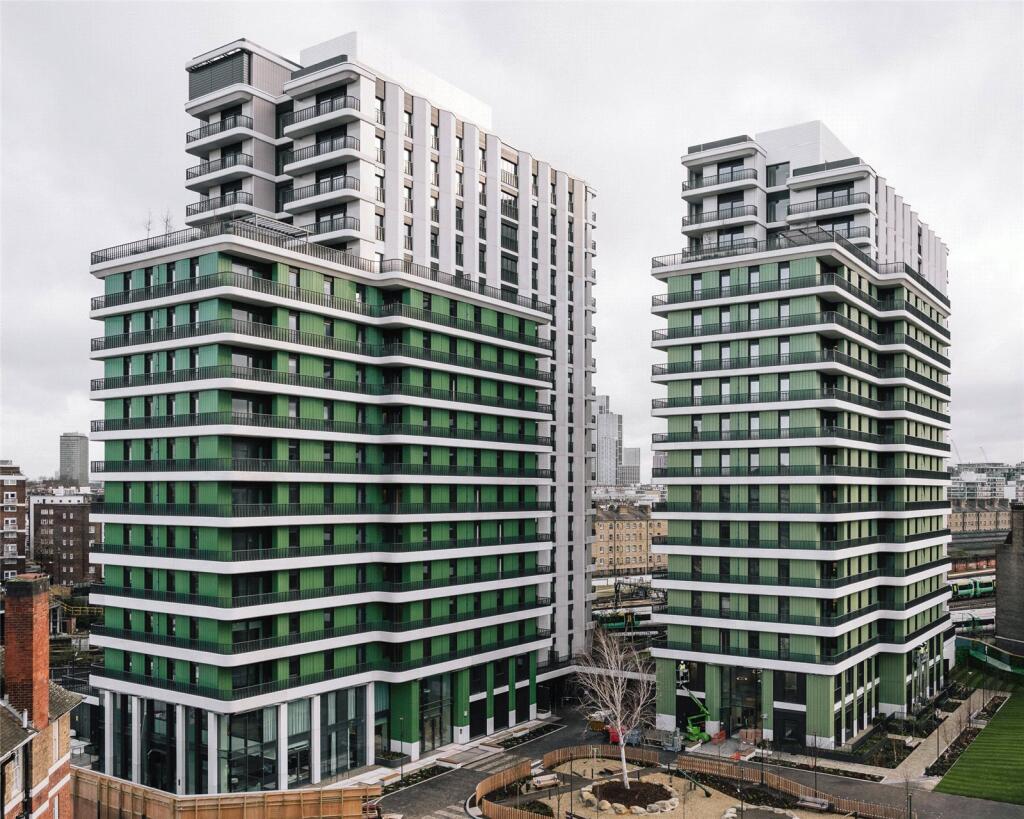If you’re getting ready to sell a property in London, it’s essential to look beyond the sale price and consider the taxes on selling. One of the most frequent questions we hear is: “Do I need to pay tax when I sell my home?” In many cases, the answer is yes, and understanding what you’ll owe can help you plan and avoid a surprise tax bill.
This guide covers the key UK property taxes and what you may have to pay when selling your house or flat.
Capital Gains Tax on Property
When it comes to selling property, the most common tax is Capital Gains Tax on property (CGT). This applies if the property you’re selling is not your main residence — for example, buy-to-let properties, second homes, or inherited property.
You’ll pay capital gains tax on UK property based on the gain — the difference between what you originally paid for the property and what you sell it for, minus selling costs such as:
- Estate agent fees
- Solicitor fees
- Property valuation costs
- Certain improvements or upkeep of the property
Key CGT facts:
- You have an annual capital gains tax allowance (£3,000 in the 2025/26 tax year).
- Basic-rate taxpayers pay 18% on residential property gains; higher-rate taxpayers pay 24%.
- You must report and pay capital gains within 60 days of selling your house.
- For inherited property, the gain is based on the value of the property at the time you inherited it, not when the previous owner bought it.
This tax on the profit you make is known as CGT, and for many, it’s the main tax to pay when selling a property.

Private Residence Relief
Good news: If the property that’s being sold has always been your main home, you may not have to pay CGT thanks to Private Residence Relief.
However, partial CGT might apply if:
- You rented out a portion of the home
- You used part of it solely for business
- You moved out before selling the property
These factors could affect how much capital gains tax on property you’ll owe. It’s wise to speak to a tax adviser if your situation is more complex.

Inheritance Tax and Property Sales
While Inheritance Tax (IHT) is not usually triggered by selling a property, it’s worth knowing the rules.
If you inherit a property, IHT may already have been paid by the estate. However, if you gift a property and pass away within seven years, the recipient may have to pay capital IHT.
You won’t need to pay inheritance tax again when you sell the property, but capital gains tax may still apply depending on the value of the property when inherited versus when sold.
Do I Need to Pay Income Tax?
Ordinary homeowners selling their own home usually don’t need to pay income tax. But if HMRC sees a pattern of buying and selling for profit, especially across multiple UK properties, they may consider it a business, in which case the gains you make could be taxed as income.
This is more relevant for developers or investors than everyday sellers.
Do Sellers Pay Stamp Duty?
No — that one’s on the buyer. Stamp Duty Land Tax applies only to the purchase of UK property, so as the seller, you won’t need to pay stamp duty when you sell.
However, confusion is common, especially with changes to rates on property over recent years.
How to Report and Pay Capital Gains Tax on Property
Here’s how to report and pay capital gains to HMRC:
- Calculate your gain (sale price minus original cost and selling costs).
- Deduct your capital gains tax allowance.
- Sign up for HMRC’s online property tax return service.
- Report and pay capital gains within 60 days of completion.
You’ll also need records of what you originally paid for the property, improvement costs, and proof of sale.
When Should You Speak to a Tax Adviser?
You should consider professional advice if:
- You’re selling an inherited property
- You’ve rented the property
- You own another property
- You’re unsure how much gain you’ve made or how much tax you may have to pay
UK property tax rules shift frequently, and a professional can help you avoid errors or overpayments.
Final Thoughts on Property Taxes in the UK
Understanding tax when selling your flat or house helps you budget effectively and stay compliant. For many homeowners, you may not have to pay capital gains, but if you do, good planning helps reduce your tax bill.
If your UK property is a second home or buy-to-let, you’ll probably need to pay capital gains tax. The better you prepare — with documentation, reporting, and expert advice — the smoother the property sale.
At Whitewill, we help sellers navigate the entire process — from valuing your property to preparing for capital gains tax. If you’re thinking about selling your flat in London, talk to us today about how to manage the tax you’ll need to pay and maximise your returns.




